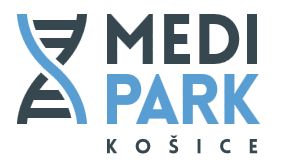What is the Erasmus+ programme?
Erasmus+ is an EU Programme in the fields of education, training, youth and sport. The program provides grants for a wide range of actions and activities in the field of education, training, youth and sport.
The program gives an opportunity for students, students in vocational training, teachers, youth workers and volunteers to travel abroad and to improve their knowledge, skills, and employability.
Puzzled?
Feel free to contact our Erasmus coordinators at individual faculties, institutes and departments, or at our International Relations Office (IRO).
Identification of UPJŠ
Erasmus Charter for Higher Education number for the period 2014 – 2020
67055-EPP-1-2014-1-SK-EPPKA3-ECHE
Number of the application for the Erasmus charter
for the period of 2021 – 2027
101014964
PIC (Participant Identification Code) – for centralised projects, e.g. Capacity Building, Jean Monnet, Knowledge alliances, etc.
999885992
OID (Organization ID) – for projects evaluated by the National agency SAAIC , e.g. mobilities of individuals, Strategic partnerships, etc.
E10209027
Erasmus code of the university
SK KOSICE02
Partner Universities
KA131: Programme Countries
Currently, discussions with our partners on the renewal or establishment of IIAs for the new period (i.e. 2022/2023 – 2028/2029) are being held.
To receive most up-to-date information on partner HEIs in 2023/2024, please, contact Erasmus coordinators at faculties, institutes, and departments.
KA171: Partner Countries
Information on partner HEIs (IIAs) below and mobility numbers within KA171 reflect plans originally approved in the projects.
Up-to-date information can be provided by the International Relations Office.










